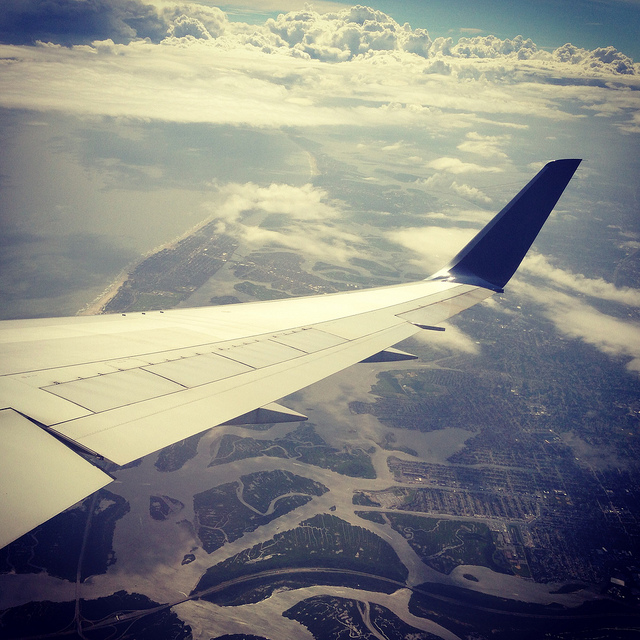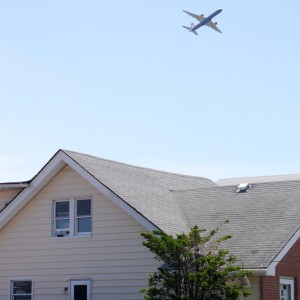“People have short term memory,” said a source for this week’s story on increased airplane noise in Howard Beach. She went on to explain that a couple of years ago, when another runway was closed for the summer, the tables were turned, and these same residents spent a few months experiencing virtually no noise pollution at all.
A few weeks after September 11, JFK airport looked like a war zone, with mere remnants of the bustling activity that had previously filled its halls. Not only were people afraid to fly, but increased security measures required such early arrival and processing that backups in the security, boarding, and ticketing lines were rare. For a time. Then TSA eased up on the security a bit, implemented new streamlined procedures, and people seemed to forget that it was actually planes that had been hijacked and crashed into the Twin Towers and caused them to collapse. They started flying again.
And so it goes. A plane crashes, people get nervous, and they stay put for a while or take a bus. Then they forget. A politician gets caught with an escort or sexting photos of his private parts, suffers public humiliation, waits a bit, and next thing you know, he’s re-elected to an even higher office, and all slates appear wiped clean. A couple of weeks after sharks attack, people are back on the same beaches with their kids. The more abstract, unrelated to our lives an event is, the more quickly we can let go of it and move on. Perhaps doing so is the only way to avoid becoming debilitated by stress. If you have to worry about potential shark attacks, is it still possible to enjoy summertime beach excursions?
In the case of airplane noise, frequency and volume increased for an extended period of time (this runway closure is expected to last five months), while clearly not a devastating event like a deadly plane crash, it can have detrimental health ramifications.
As The Forum has reported, while hearing loss and sleep deprivation are potential side effects of living in proximity to an airport, perhaps more significantly, a study in the British Medical Journal found a correlation between increased cardiovascular disease and exposure to air traffic noise pollution; specifically, there is increased hospital admittance and deaths from cardiovascular illnesses among communities near airports.
One law dealing with the issue of noise mitigation is called “coming to the nuisance,” the nuisance in this instance being JFK airport, which existed before most nearby residents bought houses. (Commercial flights began in 1948.) When people move to a “nuisance” area, the law favors the nuisance and assumes that people are aware of what they’re getting into. When the nuisance comes second, after the people move in, it’s a different story.
Here’s where it gets tricky for us in Howard Beach. Is the additional “nuisance” of runway closures in specific or airport expansion in general to be considered a new nuisance? On the one hand, the Federal Aviation Commission expects that air travel will double between 2011 and 2032, which is bound to affect flight patterns, frequency, and sound in the coming years. Is five months of this one runway closure long enough, impactful enough, to alter the level of “nuisance” that the airport causes? In a few weeks, will the constant drone of low-flying planes have become white noise in the background, like a whirring air conditioner or the neighbor who constantly vacuums? In October, after runway 4L/22R has reopened, will we have forgotten and recovered from the stress the early-plane-wake-up calls have produced?
Assuming that we will yet again have a short-term memory of this relatively brief inconvenience in our long and otherwise happy lives, we need to ask our representatives to keep pushing for more noise monitors so that, even if we forget, there will be a record of what we’ve experienced. When appropriate noise monitoring occurs, we’ll be (further) justified in asking for mitigation, logically available in the form of soundproofing grants for homes in the airport’s proximity.
Furthermore, the airport and airlines benefit from increased travel, and though we understand that a certain level of discomfort literally comes with the territory, there is nothing to preclude those that are benefitting from the expansion from giving those that are suffering (even temporarily) from it some sort of compensation. For example, when runways close, might residents within the low-fly zones receive a discount on air travel?


